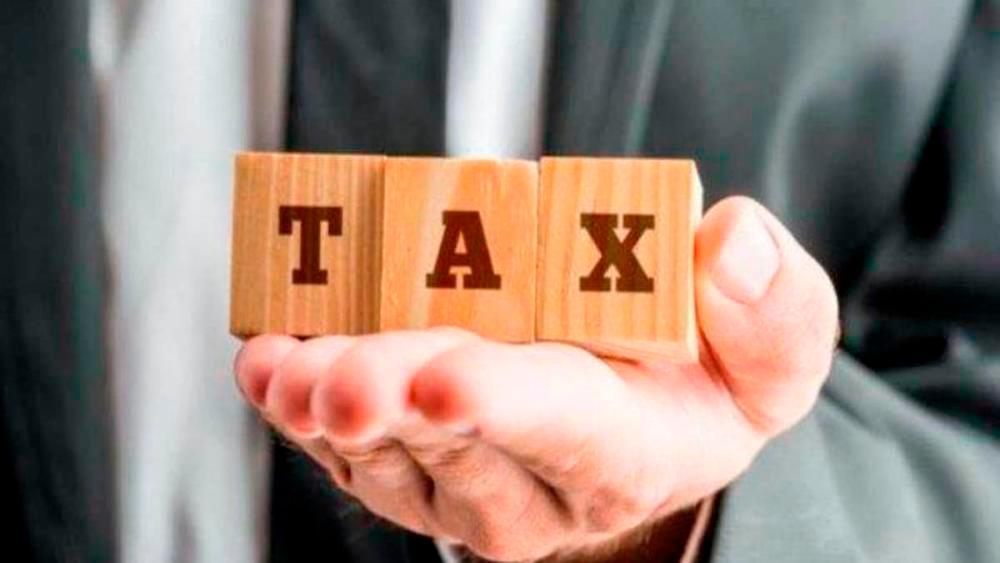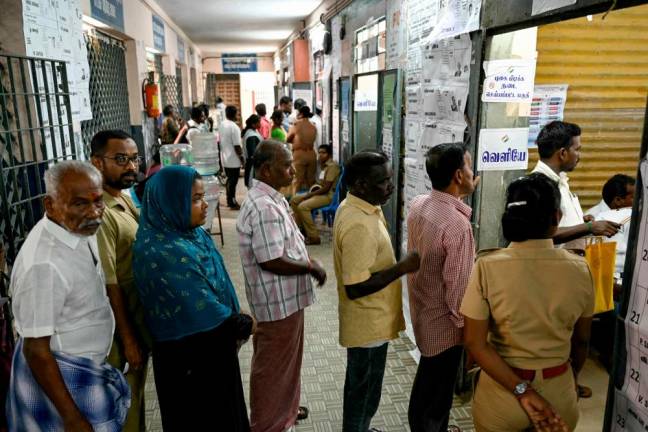KUALA LUMPUR: Budget 2022 tax initiatives may not contribute significantly to government revenue and there is a need to look for other ways to increase it for the sustainable economic growth of the country, according to a tax expert.
Farah Rosley, the president of the Chartered Tax Institute of Malaysia and Malaysia tax markets leader at Ernst and Young Tax Consultants, noted that in 2021 government revenue was around RM221 billion and RM234 billion in 2022.
“The tax revenue target for 2021 is RM162 billion, which is 10.3 per cent of the gross domestic product (GDP), of which a big chunk, or about 73 per cent of the government revenue, is from tax.
“Of that, direct taxes comprise 54 percent while the balance is from indirect taxes such as the sales and services tax and Customs excise.
“There will be quite a lot of pressure on tax revenue as there is a high reliance on taxes to fill up government coffers,” she said in the virtual ‘Economic Chat: Post-Budget 2022: Towards Recovery’ organised by the Malaysian Institute of Economic Research (MIER) today.
Farah said one of the ways to increase revenue is by harmonising direct and indirect taxes and formulating longer term tax measures.
“Tax regime measures are necessary to narrow the budget deficit and there may be ways to bring back the goods and services tax. And how about the shadow economy, whereby 18 percent of the Malaysian economy is shadowed with revenue sitting in there?” she asked.
Farah said there is a need to transform the tax administration system and framework via digitalisation and automation.
Studies have shown countries that pursue tax digitalisation have increased their tax revenue such as Brazil and Mexico, she noted.
On the tax proposals contained in Budget 2022, she highlighted the removal of tax exemption for foreign-sourced income effective Jan 1, 2022.
“This move is expected to contribute about RM3 billion to government revenue but if it is netted off against the credit because there should not be double taxation, maybe the net impact would be halved, which would be around RM1.5 to RM2 billion.
“We must see whether the impact (from this move) would affect Malaysia as an attractive investment destination,” she said.
She also questioned whether Cukai Makmur, the one-off so-called “prosperity” tax on large corporations which make more than RM100 million in profit, would result in them delaying to report a “super profit” and pushed it instead to 2023. — Bernama













